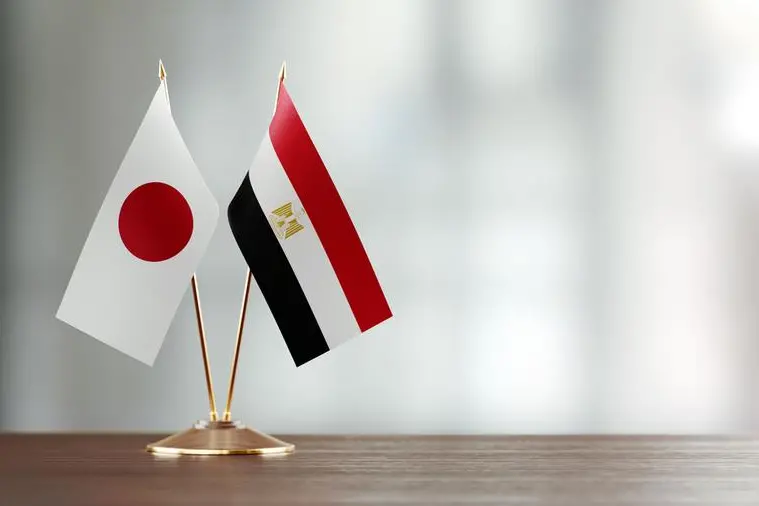PHOTO
Egypt and Japan are set to strengthen their economic partnership, with both sides eyeing industrial development, human development and private sector investment as key areas for cooperation.
Rania Al-Mashat, Egypt’s Minister of Planning, Economic Development, and International Cooperation, held a virtual meeting with Japanese Ambassador to Egypt Oka Hiroshi on Sunday, discussing the future of bilateral relations. The meeting was the first between the two officials since the merger of the planning and economic development ministries with the international cooperation ministry.
“We are keen on strengthening partnerships with Japan in the upcoming phase, particularly focusing on industrial development, industrial localization, and human development,” Al-Mashat said. “These areas are crucial for achieving comprehensive and sustainable economic development.”
The minister highlighted the significance of leveraging Japanese expertise in these fields and underscored the importance of organizing a high-level policy dialogue between the two countries at the end of August. This dialogue is expected to address developmental cooperation issues, explore proposals for future collaboration, and discuss technical assistance aligned with Egypt’s 2030 Development Vision.
The meeting also touched upon Al-Mashat’s upcoming visit to Japan, coinciding with the 70th anniversary of Egyptian-Japanese diplomatic relations. The visit is expected to include meetings with Japanese counterparts and developmental institutions.
“The Egyptian-Japanese partnership has significantly advanced under the leadership of President Abdel Fattah El-Sisi,” Al-Mashat noted, pointing to the elevation of bilateral relations to a strategic partnership level. This progress has been reflected in various domains, including development projects, political and economic relations, trade, investment, healthcare, culture, education, and science and technology.
The two sides also discussed priority topics, including the Development Policy Loan (DPL) program and various grants in the fields of culture and agriculture. Al-Mashat emphasized the importance of coordinating efforts with development partners to support Egypt’s development plans and bolster economic and social development efforts.
Al-Mashat also emphasized the importance of partnerships with the Japan International Cooperation Agency (JICA) and other financing institutions to stimulate private sector investments in priority sectors.
“Japanese institutions play a significant role in financing the private sector, particularly in the energy sector through the ‘NWFE’ program,” she said. “JICA is contributing to the funding of the ‘Abydos’ solar power plant with a capacity of 500 megawatts, while the Japan Bank for International Cooperation (JBIC) is financing the ‘Amunet’ wind power plant in Ras Ghareb with a capacity of 500 megawatts.”
The upcoming period will see the provision of additional financing mechanisms and technical support for Egyptian private sector companies from Japanese institutions, similar to the “NWFE” program.
Japan is a key Asian development partner for Egypt, with a development cooperation portfolio comprising over 18 projects supporting the government’s plan to achieve sustainable development goals, with a value of approximately $3.9 billion. This includes numerous development grants in health, education, energy, electricity, transportation, civil aviation, tourism, antiquities, and irrigation.
Both countries have a history of collaboration, with a high-level annual policy dialogue held last year at the Ministry of International Cooperation to discuss future cooperation proposals and technical collaboration aligned with development priorities and Egypt’s 2030 Vision.
© 2024 Daily News Egypt. Provided by SyndiGate Media Inc. (Syndigate.info).





















